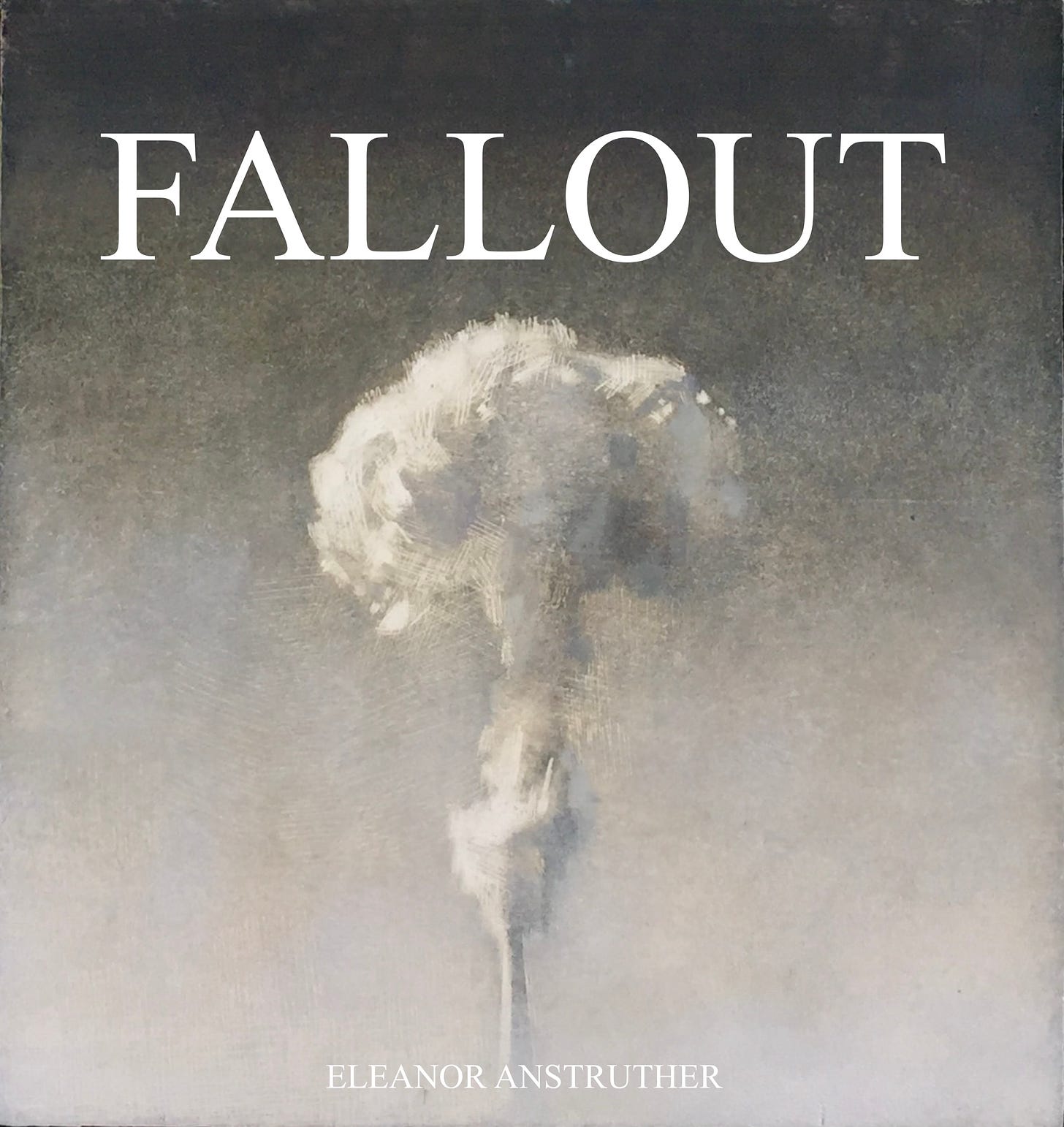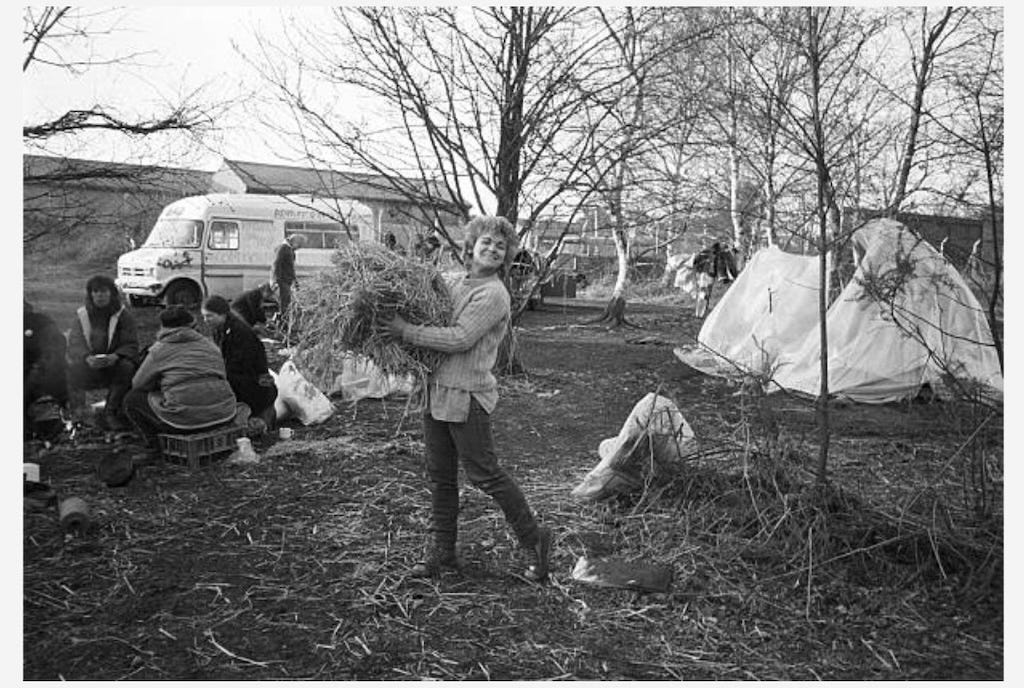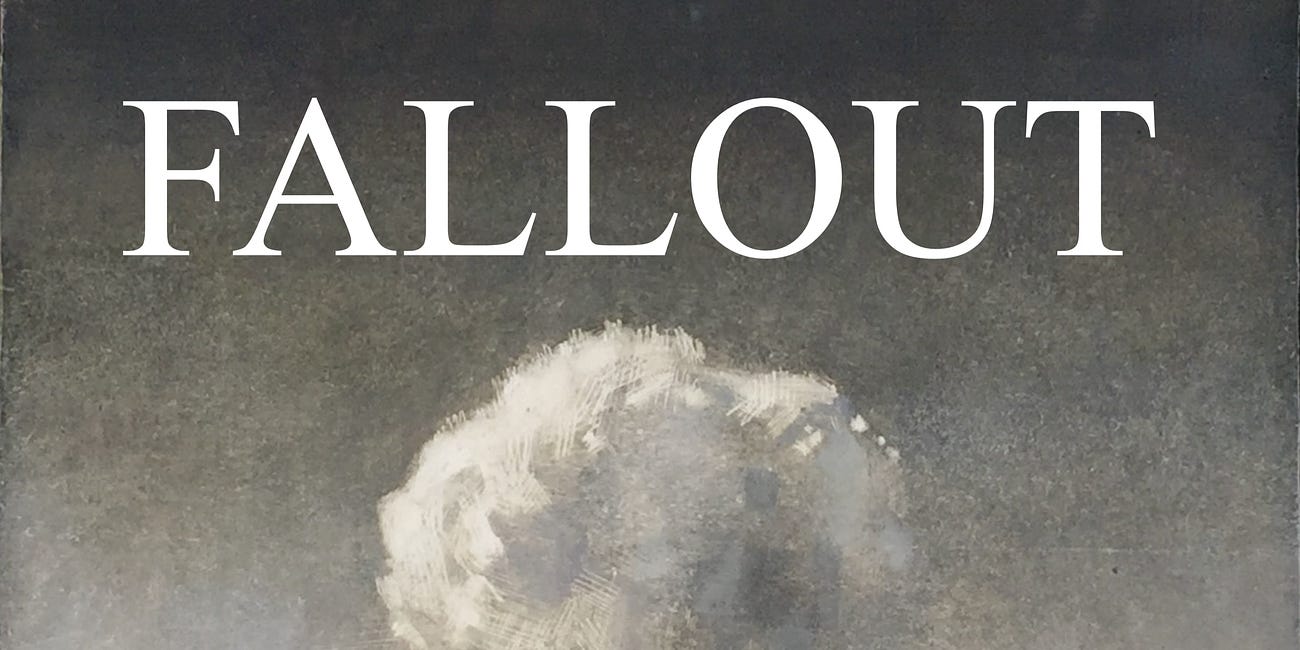“Dirty Lesbians”. That was the headline of Greenham Common when I was a child, in the press, around the kitchen table and in my mind. A bunch of unwashed, braless, annoying women protesting about men getting on with it. It stayed with me, became an outrage as I grew, and one summer, turned into a novel.
I had a houseful of teenagers, they, an armful of charm and energy, slovenliness and sweeping generalisations, were activists in the afternoon, yet none of them had heard of Greenham. That iconic, world-changing movement had slipped beneath the waves, disappeared from their eye-view, a derogatory foot note for the over fifties, and nothing to them at all. I had to write about it. Surrounded by young voices, the character of Bridget, a teenager who runs away to Greenham Common, came to me. I heard her voice, saw her hair go from curtained to spiked, caught the brief moment when opinionated bolshiness trails innocence, and idealism does battle with inexperience, and FALLOUT was born.
I thought I knew about Greenham until I began the research. I knew it wasn’t just a story of dirty lesbians washing up at an RAF base in Berkshire in the 1980’s, a women only camp that put men’s backs up, but I was not prepared for stories of heroism, stoicism, comedy, music and art. I didn’t know the Women’s Peace Camp stayed for nineteen years. I didn’t know the British government licensed the army to use live ammunition on them, or of the anecdotal evidence of countless abuses of their human rights, from chemical weapons to sexual violence, vigilante attacks to the universal right to live free of the war plans of others. And I didn’t know that in the peace accord signed between Russia and America, both sides cited Greenham Women as their inspiration. I have become an anarchist while writing this book. Their stories have made me cry and rage and laugh and feel good about human nature and terrible. We, and anyone who claims the right to protest, owe them a huge debt of thanks. The story of Greenham is still missing from history textbooks taught in school. Too many of our young people, out on the street protesting the abuse of Earth’s resources, don’t know that non-violent-direct-action was perfected by Greenham women, that XR is the child of Greenham. There has never been another protest like it.
They had a saying, Greenham Women Everywhere, a principle of showing truth to power that extended across all identities and well beyond the bounds of the women’s peace camp. It deserves to be heard, as does this book, as does Bridget.
FALLOUT, a novel about a teenager, a protest camp, and a movement that changed her world...







Superb.
LIVE ammunition?? Holy fuck. I've always been so deeply moved by the images of Greenham and its extraordinary women, and am so, so looking forward to this.